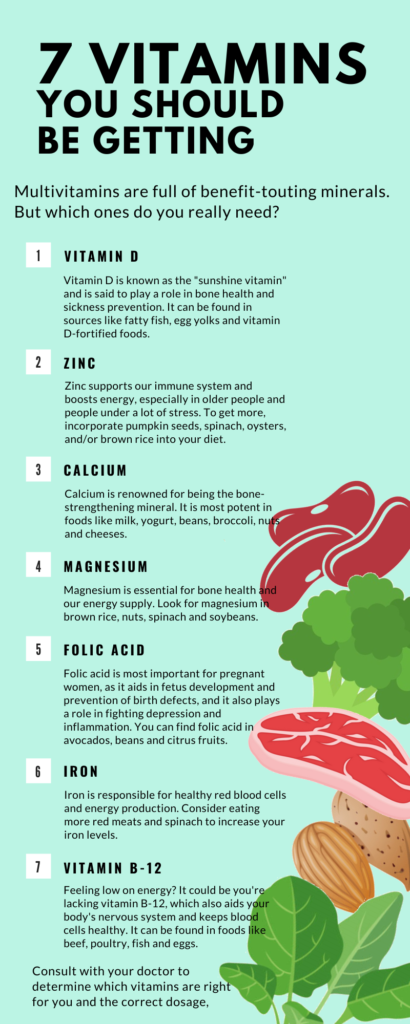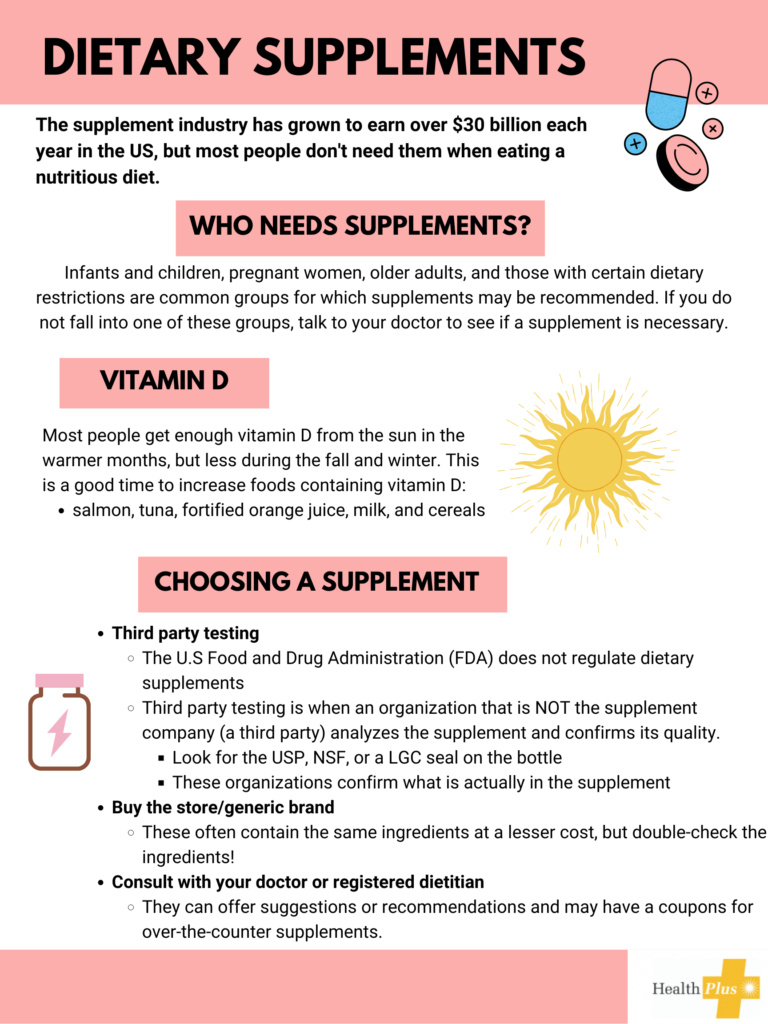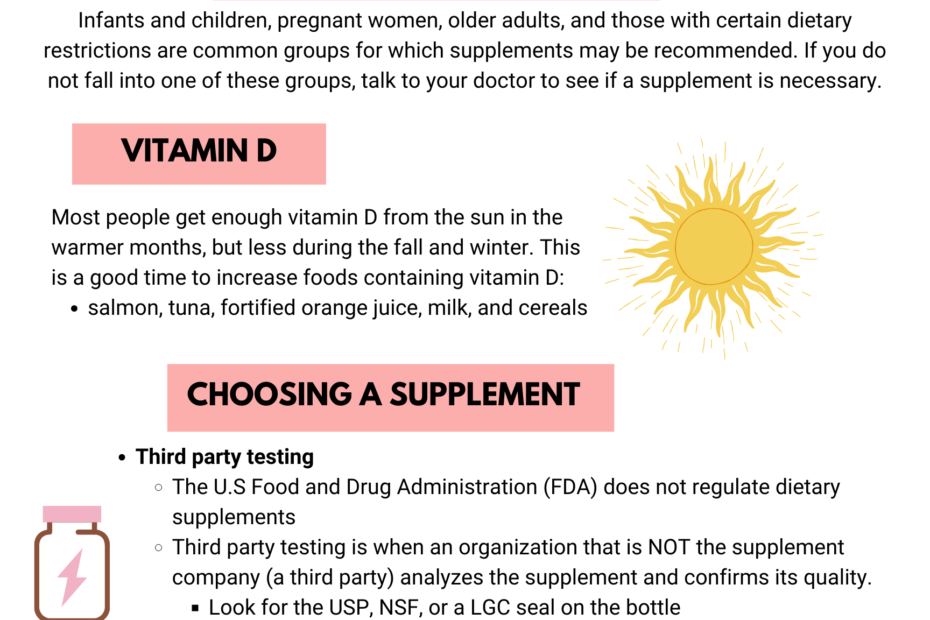You might be wondering, “Do I really need to take supplements if I have a balanced diet?” It’s a common question, and one that many people debate. Well, in this article, we’re going to dive into the topic and explore whether or not taking supplements is necessary even if you already have a well-rounded and balanced diet.
You’ll discover the benefits and potential drawbacks of taking supplements, as well as the factors you should consider when deciding whether or not to incorporate them into your daily routine. We’ll also explore the specific vitamins and minerals that are commonly found in supplements and discuss whether they can truly replace the nutrients you get from food. Whether you’re curious about the effectiveness of supplements or you’re just looking to optimize your health and well-being, this article will provide you with the insights you need to make an informed decision. So, let’s dive in and uncover the truth behind the need for supplements in a balanced diet.

This image is property of ahchealthenewscdn.azureedge.net.
The Importance of a Balanced Diet
Understanding the concept of a balanced diet
Maintaining a balanced diet is essential for overall health and well-being. But what exactly does it mean to have a balanced diet? It simply refers to consuming a variety of foods from different food groups in appropriate proportions. This ensures that your body receives all the necessary nutrients it needs to function optimally.
Benefits of consuming a balanced diet
A balanced diet offers many benefits. Firstly, it provides your body with the energy it needs to carry out daily activities. Carbohydrates and fats in the form of whole grains, fruits, vegetables, and healthy fats like avocados and nuts, are excellent sources of energy. Protein-rich foods such as lean meats, fish, dairy, and legumes contribute to muscle growth and repair.
Additionally, a balanced diet helps maintain a healthy weight. By focusing on whole foods and avoiding processed foods, you provide your body with the necessary nutrients without excessive calories. This can help prevent weight gain and reduce the risk of obesity.
Consuming a balanced diet can also lower the risk of chronic diseases. Nutrient-rich foods contain essential vitamins, minerals, and antioxidants that support a strong immune system and help protect against illnesses such as heart disease, diabetes, and certain types of cancer.
Furthermore, a balanced diet promotes good mental health. Studies have shown that consuming a diet rich in fruits, vegetables, whole grains, and lean proteins is associated with a lower risk of depression and anxiety. These foods provide the necessary nutrients for brain function and the production of neurotransmitters that regulate mood.
Role of different nutrients in maintaining overall health
A balanced diet consists of various nutrients that play important roles in maintaining overall health. Here are some of the key nutrients and their functions:
-
Carbohydrates: Carbohydrates are the body’s main source of energy. They provide fuel for physical activity and brain function. Whole grains, fruits, and vegetables are excellent sources of carbohydrates.
-
Proteins: Proteins are essential for building and repairing tissues, as well as supporting the immune system. Sources of protein include lean meats, poultry, fish, dairy products, legumes, and nuts.
-
Fats: Fats are important for insulation, protecting organs, and providing energy. Healthy fats, such as those found in avocados, olive oil, nuts, and seeds, are beneficial for heart health.
-
Vitamins and minerals: These micronutrients are necessary for various bodily functions. They support the immune system, promote healthy bones and teeth, aid in energy production, and help regulate metabolism. Fruits, vegetables, whole grains, and dairy products are rich sources of vitamins and minerals.
With a well-rounded, balanced diet, you can obtain these nutrients naturally from food sources. However, some individuals may wonder if they still need to take dietary supplements to ensure they meet their nutritional needs.

This image is property of www.vumc.org.
